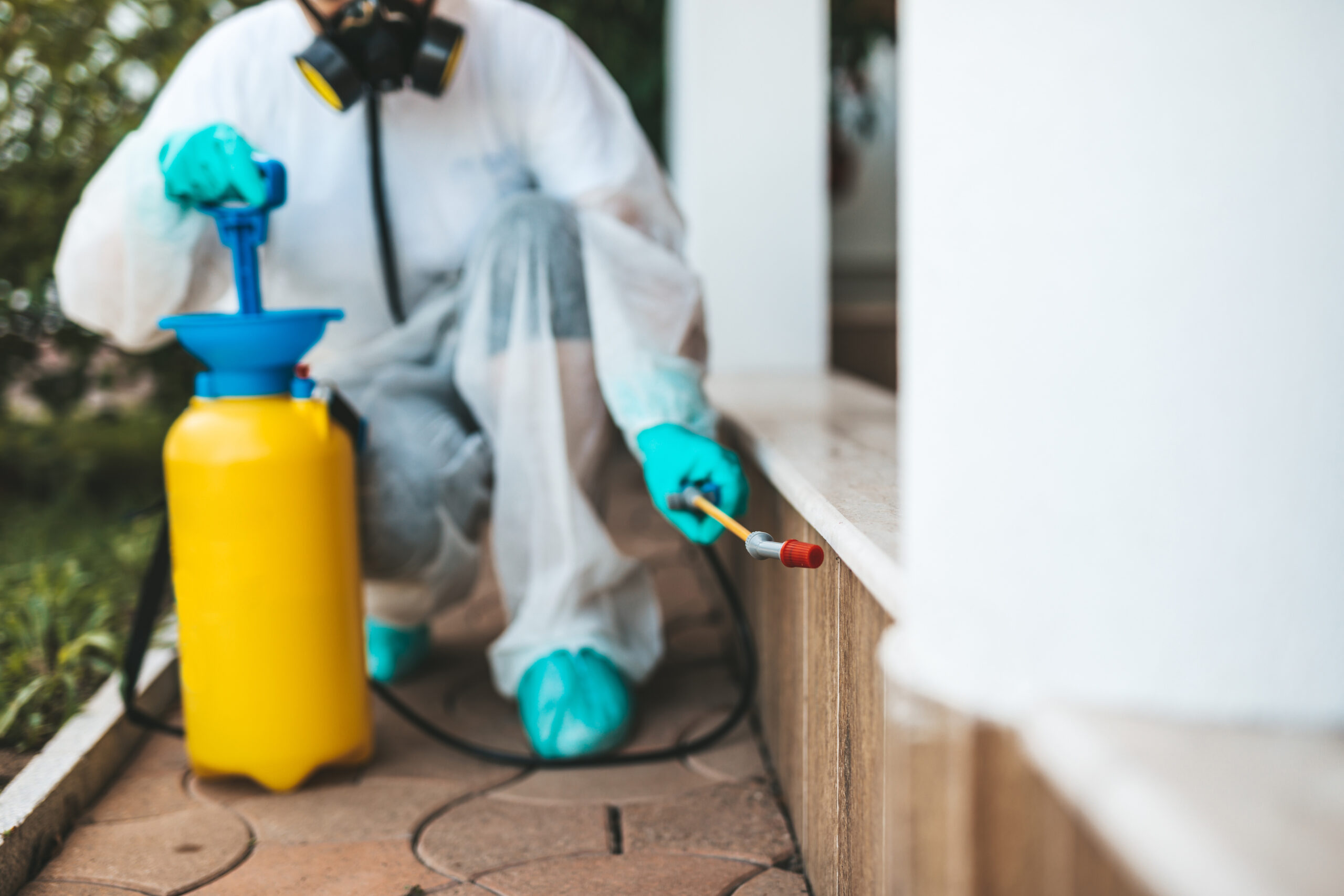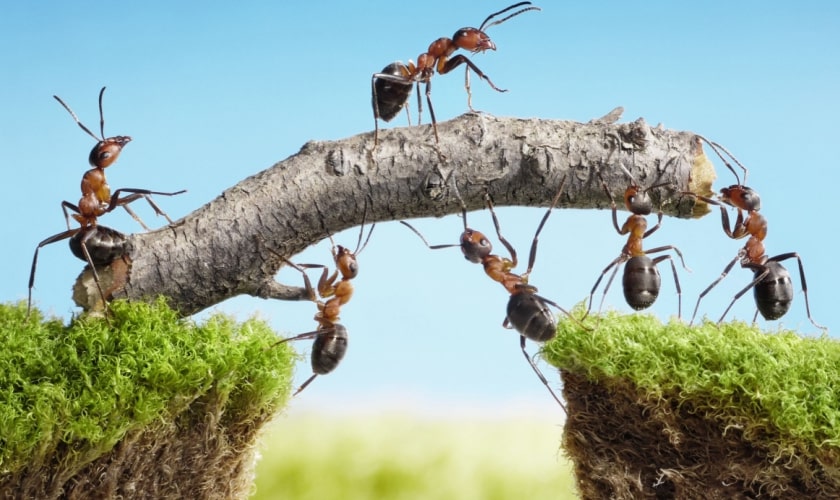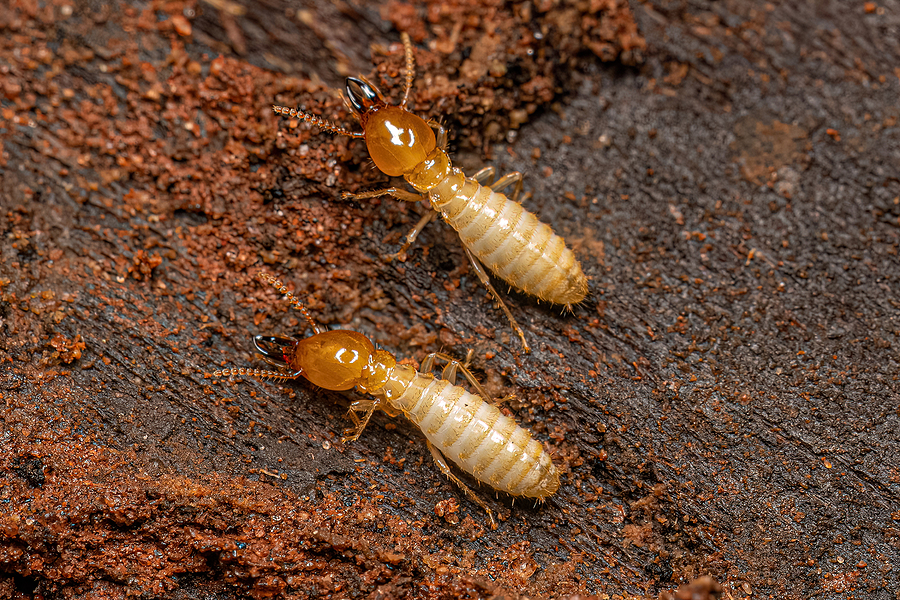Environmental Influence of Bug Control: Balancing Effectiveness With Sustainability
The ecological influence of insect control is a vital problem that requires a delicate equilibrium between achieving performance in ensuring and taking care of bugs sustainability of our environments. As we aim to protect our plants, homes, and health from the threats posed by parasites, the techniques we use can unintentionally harm the environment. From making use of dangerous chemicals that seep right into our soil and water to the unintended consequences on non-target types, the repercussions of standard pest control techniques are far-ranging. There are emerging approaches that use hope for a more lasting approach to pest management. These options not only purpose to address the immediate pest problems yet additionally take into consideration the long-term health of our world.
Damaging Chemicals in Bug Control
The application of harmful chemicals in pest control poses significant ecological and wellness threats that warrant mindful factor to consider and reduction approaches. Pesticides, herbicides, and insecticides are typically made use of to get rid of bugs, yet their prevalent application can bring about unplanned consequences. These chemicals can contaminate dirt, water sources, and the air, influencing not just the targeted bugs yet additionally beneficial bugs, wild animals, and people.

To address these threats, integrated insect monitoring (IPM) strategies are being advertised as a more sustainable choice. IPM includes a combination of techniques such as biological control, environment manipulation, and the targeted use chemicals as a last hope (ant control high point nc). By embracing a holistic method to pest control, we can reduce the environmental and wellness impacts related to harmful chemicals while successfully handling pest populaces
Influence On Non-Target Species
Considering the unintentional repercussions of parasite control techniques, the influence on non-target types is a vital aspect that calls for complete analysis. While parasite control steps intend to target particular pests, other microorganisms in the environment may be accidentally affected. Non-target varieties, including valuable bugs, birds, mammals, and even plants, can endure direct or indirect harm from pesticide applications or organic control methods.
Chemicals can have dangerous or sub-lethal results on non-target varieties. Insecticides created to fight a certain insect bug might hurt pollinators like or all-natural killers such as ladybugs. Furthermore, chemical deposits can gather in the environment, impacting non-target microorganisms over time. Similarly, biological control agents, if not species-specific, can position threats to unintentional targets, interrupting the environmental balance.
To reduce the influence on non-target species, integrated bug administration (IPM) strategies that emphasize an all natural approach to pest control are suggested. These methods focus on making use of eco pleasant techniques, minimizing damage to helpful organisms while effectively handling pest populations. Performing thorough danger analyses and keeping an eye on the end results of parasite control efforts are vital actions in safeguarding non-target types and advertising overall ecosystem health and wellness.
Soil and Water Contamination
Unintentional environmental repercussions of parasite control techniques extend past affecting non-target varieties, with considerable effects for dirt and water contamination - ant control. Chemicals, herbicides, and chemical plant foods used in pest control can leach into the dirt and pollute groundwater, posing a threat to both terrestrial and marine environments.
Water contamination is an additional crucial issue related to pest control methods. Runoff from farming areas treated with chemicals can bring these chemicals into nearby water bodies, affecting aquatic microorganisms and water high quality. Pollutants in water sources can have significant consequences, influencing not only marine life but likewise human wellness via the usage of infected water or marine organisms. To reduce dirt and water contamination from pest control tasks, incorporated insect administration strategies that prioritize sustainability and lessen chemical inputs are critical.
Air Pollution From Chemical Usage
Exposure to airborne pesticides throughout farming applications positions a significant concern for air contamination control steps. When pesticides are sprayed onto crops, they can volatilize right into the air and form unstable organic substances (VOCs) and various other air-borne contaminants. These chemicals can contribute to the formation of ground-level ozone, a significant part of smoke that can have damaging effects on human wellness, plant performance, and general air quality. Additionally, chemical drift, where chemicals are lugged by the wind to unintended areas, can cause the contamination of nearby ecosystems and water bodies.

Methods for Sustainable Insect Control
In the realm of farming methods, executing lasting parasite control techniques is paramount for preserving environmental balance and securing plant yields. Sustainable parasite control emphasizes making use of environmentally friendly methods to handle parasite populaces efficiently while reducing injury to non-target microorganisms and ecosystems. Integrated Pest Management (IPM) is a widely taken on method that incorporates organic, social, physical, and chemical control approaches to accomplish long-lasting bug management remedies.
Plant rotation and diversity are also reliable strategies to interfere with pest life cycles and produce much less positive problems for insects to thrive. Eventually, by integrating these lasting insect control strategies, farmers can achieve a balance in between pest administration performance and environmental stewardship.
Final Thought
In conclusion, the ecological effect of insect control approaches need to be thoroughly taken into consideration to stabilize effectiveness with sustainability. Hazardous chemicals made use of in pest control can result in dirt and water contamination, air pollution, and harm non-target varieties - ant control services. It is important to carry out sustainable parasite control methods to reduce these adverse effects on the environment and promote a much healthier ecological community for future generations
By embracing a holistic technique to pest control, we can decrease the environmental and wellness influences linked with harmful chemicals while properly taking care of pest populaces.

To mitigate the air contamination triggered by chemical usage, it is crucial to take on integrated bug administration strategies that focus on the use of non-chemical parasite control approaches, such as crop rotation, all-natural predators, and immune plant selections. Lasting parasite control highlights the usage of eco friendly techniques to handle insect populations properly while minimizing harm to non-target organisms and environments. Integrated Insect Administration (IPM) is a widely embraced approach that incorporates biological, cultural, physical, and chemical control techniques to attain long-term pest management remedies.